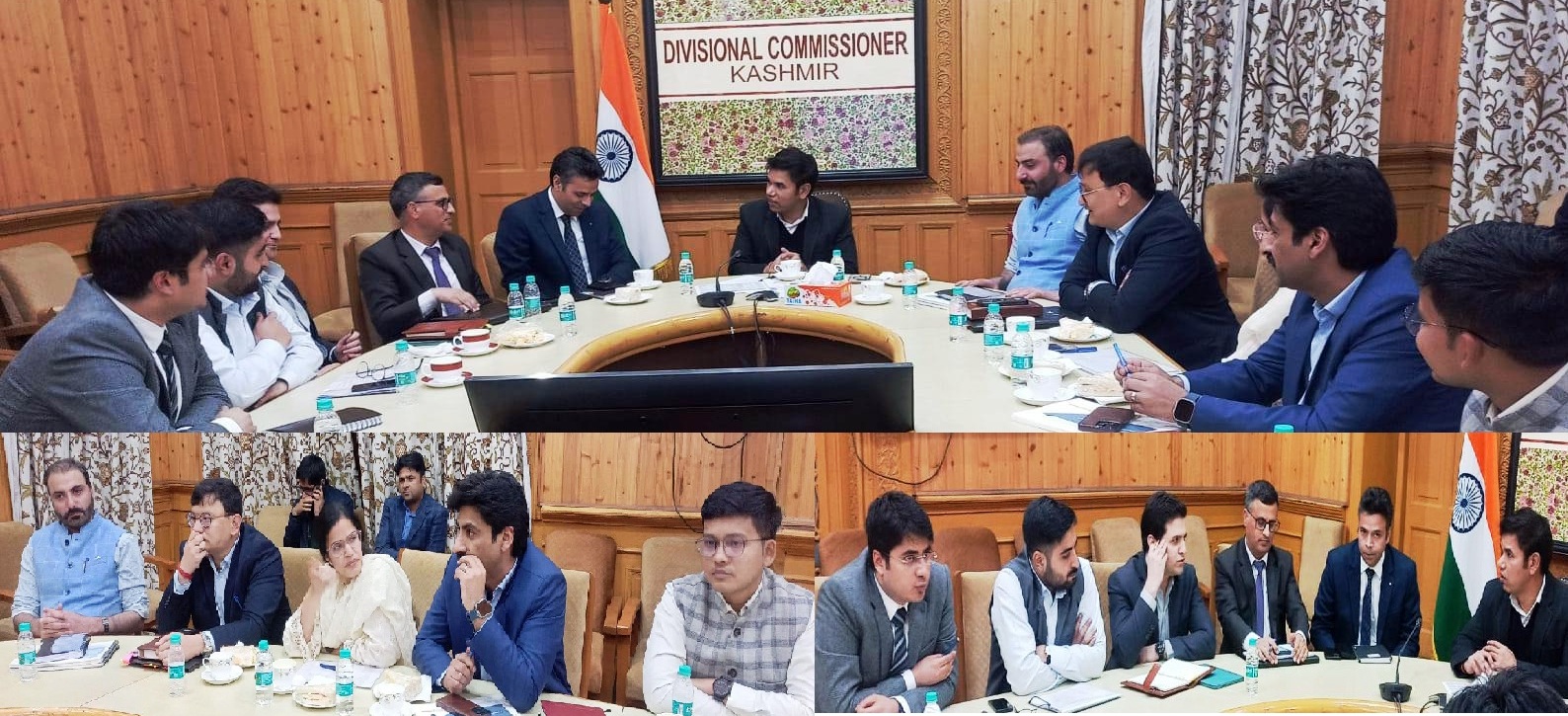Muslim groups will be absent as Donald Trump hosts Iftar dinner
As Donald Trump hosts his inaugural Iftar dinner as president on Wednesday to mark the holy month of Ramadan, Muslims in the nation’s capital will hold a counter event just steps away from the White House.
The lack of enthusiasm among American Muslims over Trump’s unexpected decision to hold a White House Iftar underscores the community’s contentious relationship with the US president.
Leading Muslim groups in Washington who attended the event under previous administrations said Trump’s continued targeting of Islam and its followers made engagement with his administration a futile, if not impossible task, given the president’s history of incendiary comments about Muslims.
“I wouldn’t anticipate that any credible mainstream American Muslim organizations or leaders would be invited or agree to attend, given the administration’s Islamophobic and white supremacist positions and policies,” said Ibrahim Hooper, the spokesman for the Council on American Islamic Relations.
“There’s always this argument that it’s better to be at the table … but it’s getting increasingly difficult to make.”
Last year, Trump broke with decades of precedent by forgoing the annual Iftar dinner – a bipartisan tradition that formally began with Bill Clinton in the 1990s but has conceptual roots tracing as far back as under Thomas Jefferson in 1805.
When the White House confirmed earlier this week that Trump would, in fact, throw the event this year, most Muslim civic organizations were caught off guard. The White House declined to provide a list of attendees when reached by the Guardian, although the press secretary, Sarah Sanders, said roughly 30 to 40 guests were expected.
Muslim leaders and advocates who had typically been on the guest list in years past said they were not invited and only learned of Trump’s plans to hold the dinner through press reports.
“There has been no real engagement, no real effort to even invite members of our faith communities, to have conversations with the White House or administration,” said Hoda Hawa, the director of policy and advocacy at the Muslim Public Affairs Council (MPAC).
MPAC, which works to promote pro-Muslim policies in government and elevate Muslim voices across various industries, was not invited by Trump’s White House despite having representatives at the Iftar under previous administrations. Irrespective of the snub, Hawa said she could not foresee a scenario in which the group would have found it appropriate to attend under the current president.
“His politics have shown us, not just as Muslims but as Americans, that he is a president and a person who does not appreciate the contributions of Muslims to America,” she said.
For Muslims across America, the wounds of Trump’s hostile rhetoric toward Muslims both as a candidate and since taking office remain raw.
Few are willing to forget Trump’s vow during the 2016 campaign to ban all Muslims from entering the US, nor his flirtation with the idea of a Muslim registry. Then-candidate Trump infamously declared “Islam hates us”, falsely claimed Muslims celebrating on the rooftops of New Jersey after the September 11 terrorist attacks, and criticized Barack Obama for visiting a mosque.
The weight of the presidency has done little to rein in Trump’s antagonistic posture toward Muslims.
In one of his first acts from the Oval Office, Trump imposed a travel ban on several Muslim-majority countries and indefinitely suspended the US refugee program. Several iterations of the policy have since been mired by legal challenges, with its ultimate fate facing an imminent ruling by the supreme court.
In November, Trump drew widespread condemnation for retweeting a series of anti-Muslim videos from the ultranationalist far-right group Britain First. He has also appointed a number of officials within his administration who have a known record of making derogatory statements about Muslims or Islam.
Last week, John Bolton, Trump’s national security adviser, drew scrutiny for bringing on board a new chief of staff who previously worked for a thinktank that promoted anti-Muslim propaganda.
“This is not an administration to engage, this is an administration to survive under and work toward the future,” said Linda Sarsour, a prominent Muslim American activist and founder of MPower Change, a Muslim-led social and racial justice organization. (Agencies)






